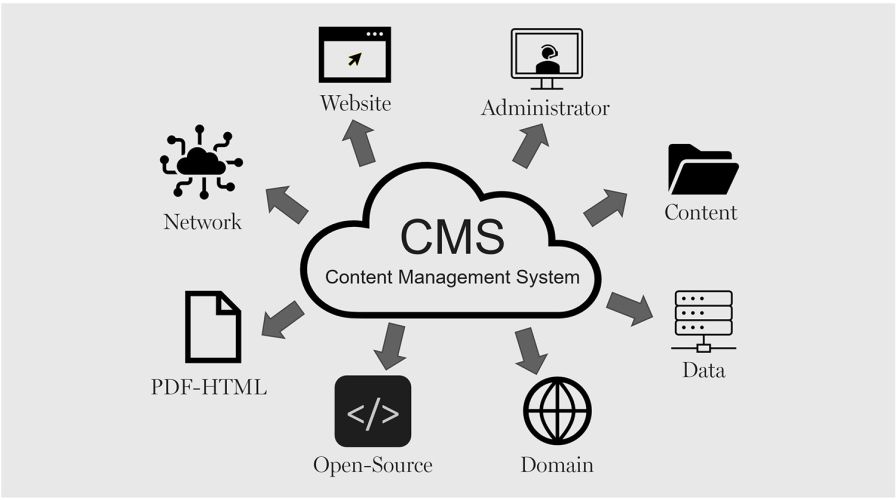Data-Driven SEO Services: The Powerhouse for SEO Success
DDSS is a strategic approach to search engine optimization (SEO) that leverages data analytics to make informed decisions and drive better results. Unlike traditional SEO methods that rely on assumptions and guesswork, data-driven SEO utilizes real-time data to track website performance, identify trends, and optimize SEO strategies accordingly.
Key Components of Data-Driven SEO Services:
- Comprehensive Data Collection: Gathering and analyzing a wide range of data points, including website traffic, keyword rankings, backlink profiles, user behavior, and competitor analysis.
- Advanced Analytics: Utilizing powerful analytics tools to uncover insights, identify patterns, and measure the effectiveness of SEO campaigns.
- Data-Informed Decision Making: Using data-driven insights to guide SEO strategy development, content creation, technical optimizations, and link-building efforts.
- Continuous Optimization: Regularly monitoring and adjusting SEO strategies based on data-driven insights to ensure optimal performance.
Benefits of Data-Driven SEO Services:
- Improved ROI: By making data-informed decisions, businesses can maximize their SEO investments and achieve a higher return on investment.
- Enhanced Visibility: Data-driven SEO can help improve a website’s search engine rankings, leading to increased organic traffic and visibility.
- Better User Experience: By understanding user behavior and preferences through data analysis, businesses can optimize their website content and structure to deliver a better user experience.
- Competitive Advantage: DDS can provide a competitive edge by enabling businesses to stay ahead of industry trends and outmaneuver competitors.
- Scalability: DDS strategies can be scaled to accommodate growing businesses and changing market conditions.
Examples of data-driven SEO Tactics:
- Keyword Research: Using keyword research tools to identify high-volume, low-competition keywords that align with business goals.
- Content Optimization: Creating and optimizing content based on data-driven insights into user intent and search behavior.
- Technical SEO: Identifying and addressing technical issues hindering website performance, such as slow loading times or mobile compatibility.
- Link Building: Strategically acquiring high-quality backlinks from authoritative websites based on data analysis.
- A/B Testing: Conduct experiments to test different SEO elements, such as headlines, meta descriptions, or page layouts, and measure their impact on performance.
- Local SEO Optimization: Optimizing a website for local search results using data-driven techniques such as Google My Business optimization and local citation building.
- Voice Search Optimization: Optimizing content for voice search queries is becoming increasingly popular.
- Personalization: using data to personalize website content and experiences for individual users.
Powering Data-Driven SEO with Advanced Analytics Tools:
- Google Analytics: A powerful tool for tracking website traffic, user behavior, and conversion rates.
- Google Search Console: provides insights into search engine performance, including keyword rankings, impressions, and clicks.
- SEMrush: A comprehensive SEO toolkit that offers keyword research, competitor analysis, backlink auditing, and more.
- Ahrefs: Another popular SEO tool with similar features to SEMrush.
- Moz: A suite of SEO tools, including Moz Pro and Moz Local.
- BrightEdge: An enterprise-level SEO platform with advanced analytics and automation capabilities.
By incorporating data-driven SEO services into their marketing strategies, businesses can make more informed decisions, improve online visibility, and drive sustainable revenue growth.
Post Views: 51





